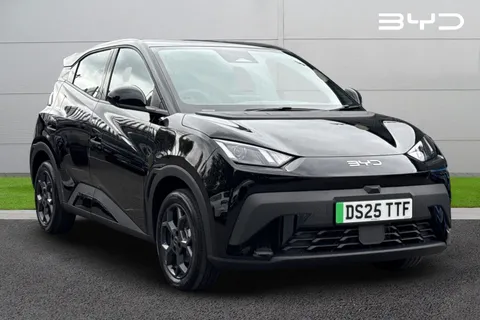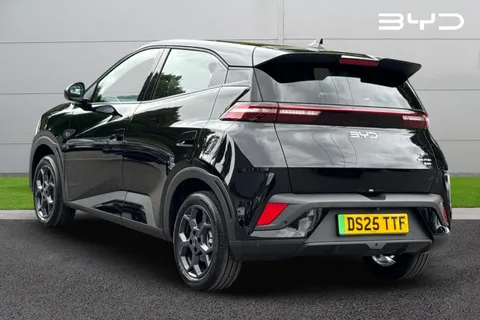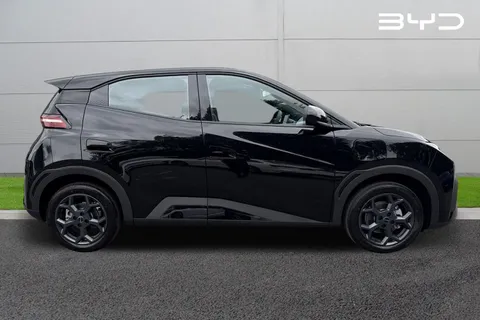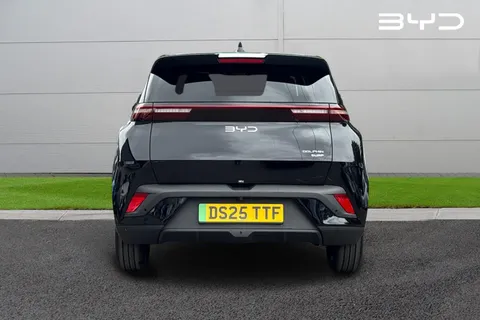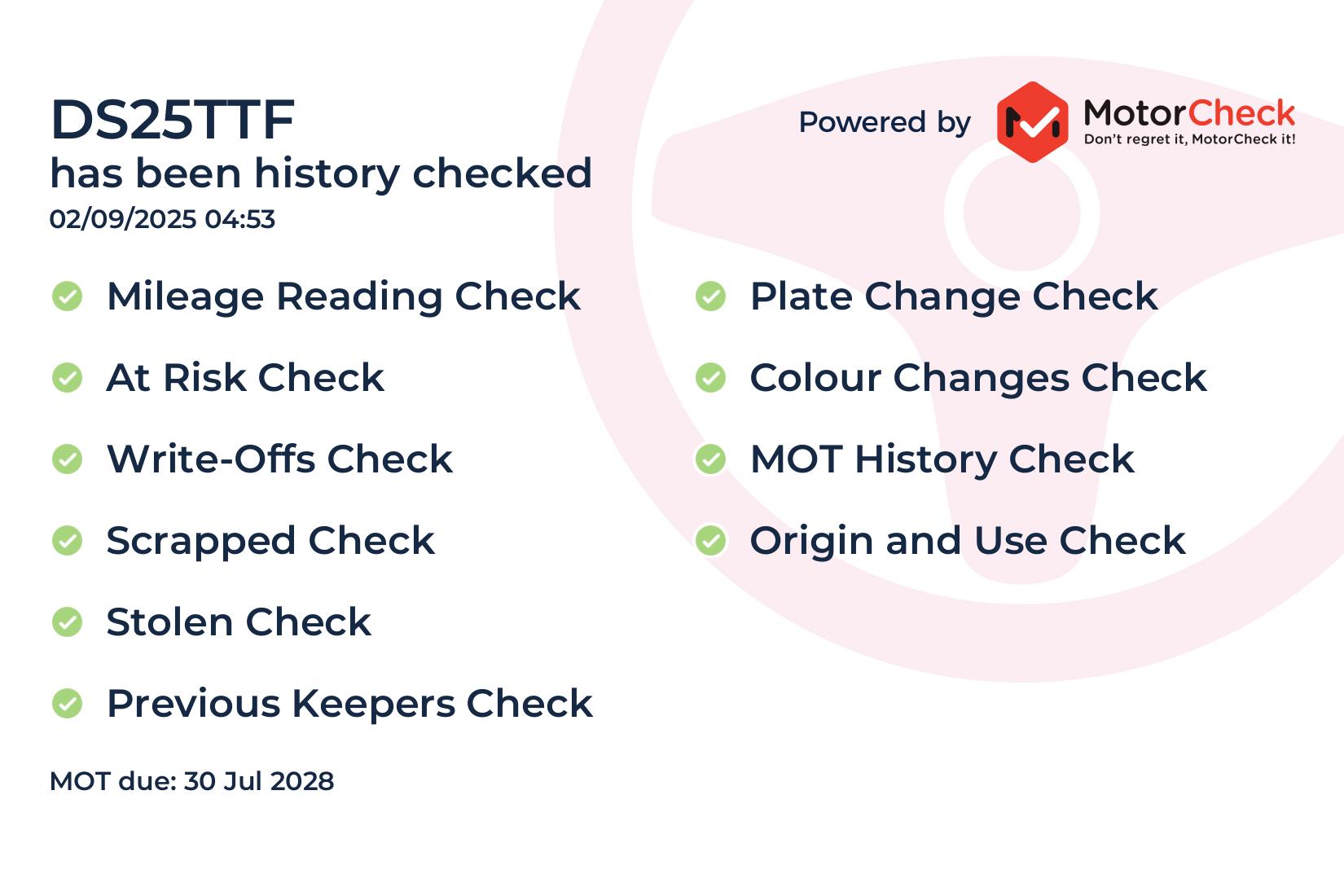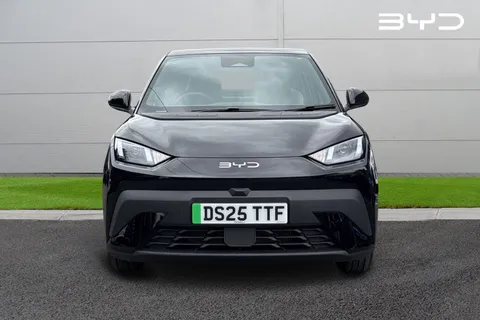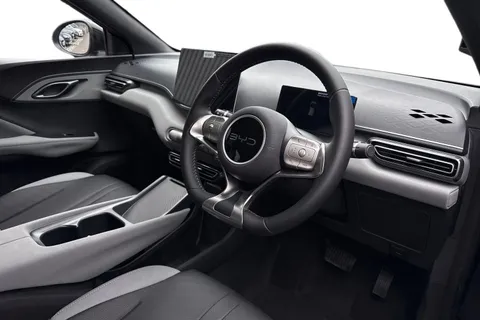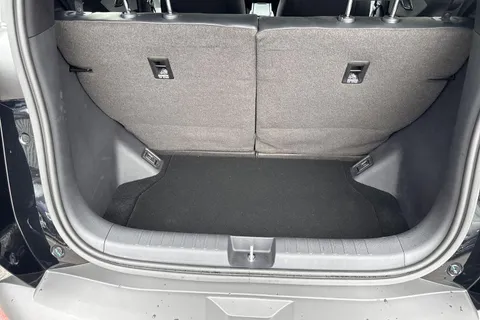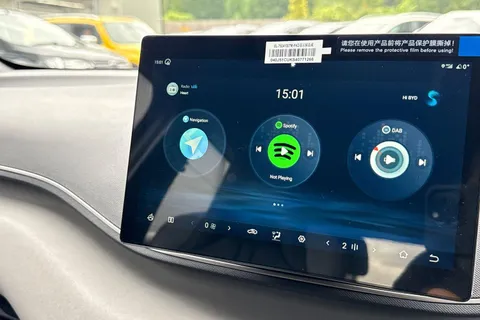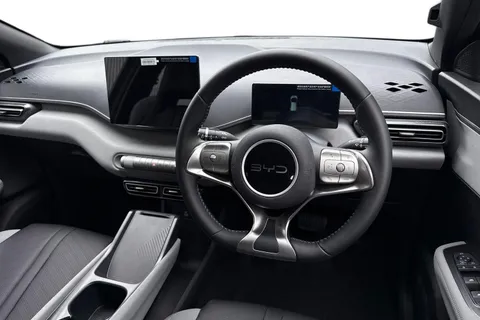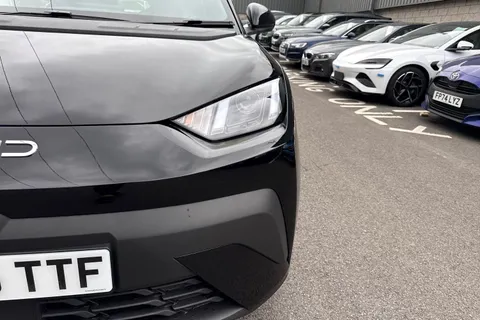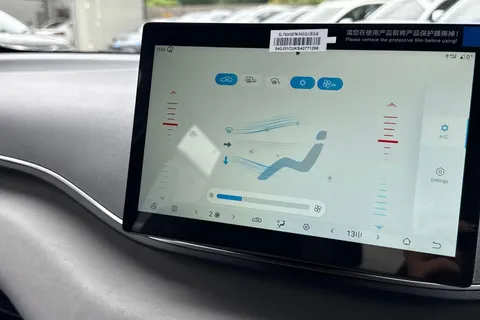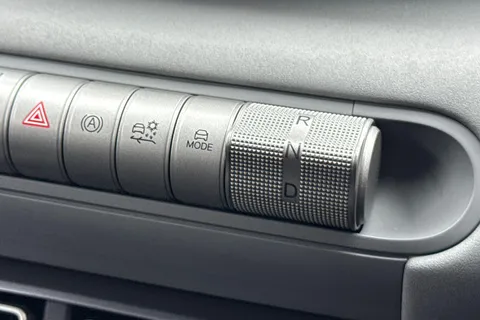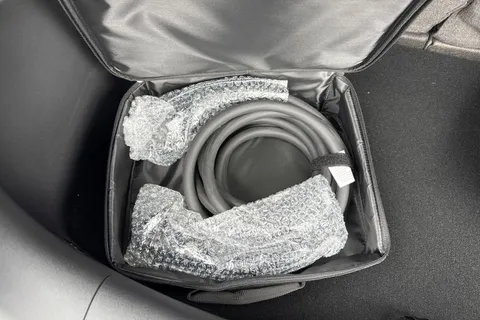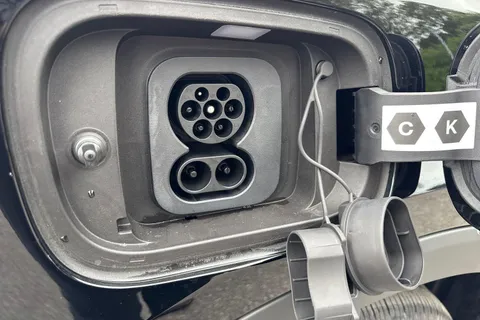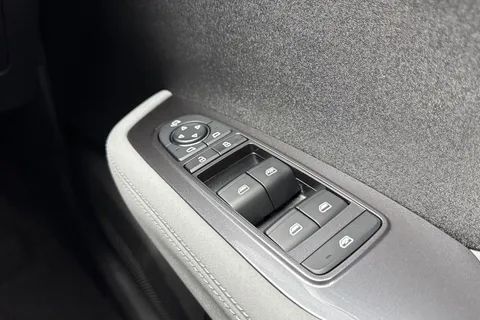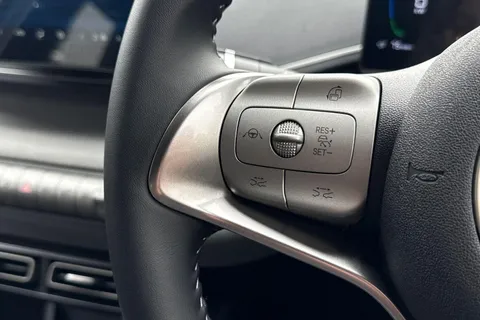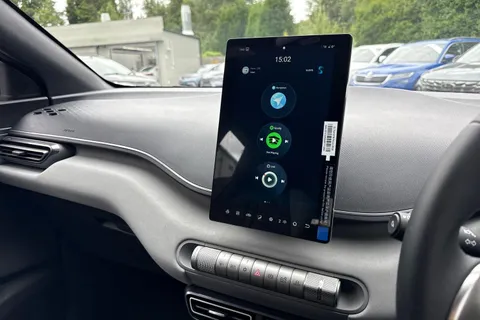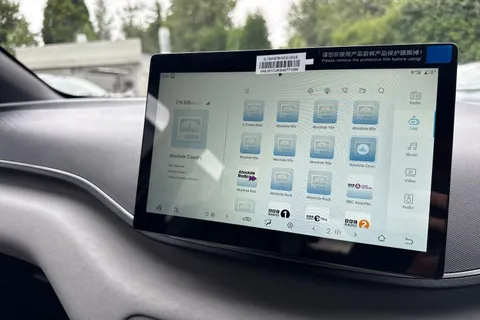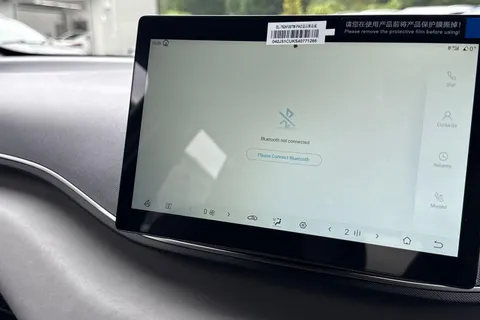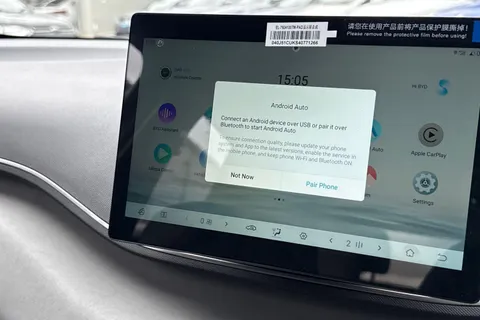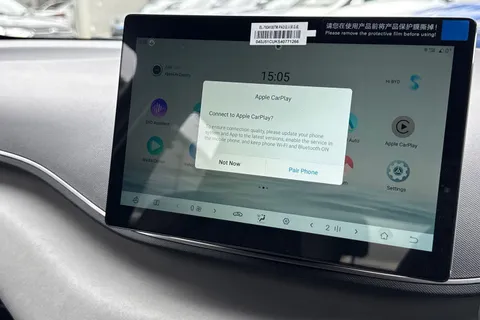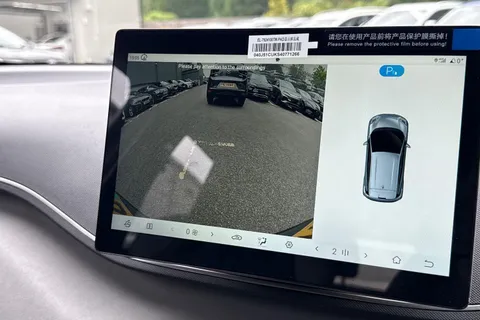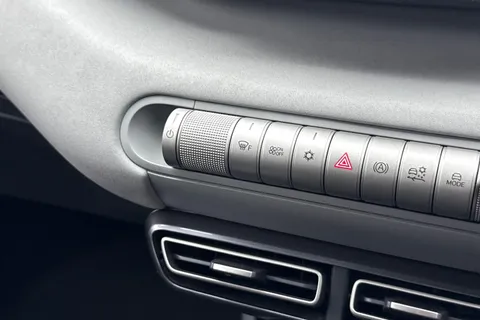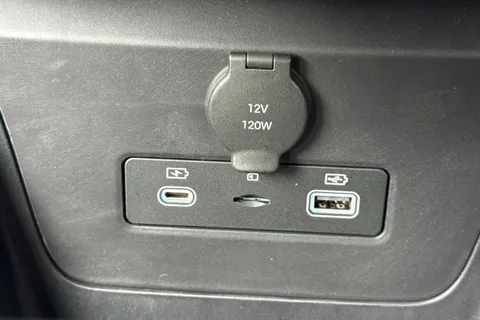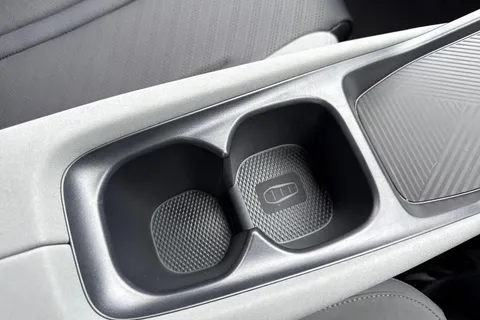We take a look at all of the different options
While the major talking points in the car industry right now centre around electric vehicles, the reality is that the vast majority of cars on the road have internal combustion engines.
That means most drivers will regularly pulling up to the pumps, and while that might seem like a simple job, there are plenty of options with sometimes confusing terms that could easily cause confusion.
Here, we take a look at all of the different options, which ones you can use – and the basics of electric vehicle charging.

Petrol
What is a petrol RON rating?
When you pull up to the green pumps, you’ll typically have a choice of two options – premium unleaded or super unleaded.
You’ll notice that this is defined by a ‘RON’ rating, which is essentially how easily the fuel will burn. The higher the number, the harder it is to ignite – however, higher octane fuel burns much hotter and therefore more efficiently.
Most cars will work perfectly fine with the lower rated petrol, but high-performance engines in particular should use high-RON fuels.
What is E10 and E5 fuel?
Until recently in the UK you only had to worry about the RON rating, but now these also come with E10 and E5 ratings.
E10 became the standard grade of petrol in the UK in September last year, which means it has a 10 percent bioethanol content. This is fine for most engines, but older engines might not be compatible, so it’s worth checking online.
Generally, premium unleaded pumps will use E10, while super unleaded use the traditional E5, which has a five per cent bioethanol content and works better with older engines.

Premium unleaded
Pull up to the pump and you’ll find that premium unleaded will be less expensive and come with a 9 per cent RON rating and be E10.
Super unleaded
Topping up from these pumps will cost considerably more, but they will like be 97 or 98 RON and E5.
Premium fuels
Depending on the company, there might be different top fuel options with an even higher rating. For example, Shell V-Power has a 99 RON rating with the company saying it gives an engine more power as well as keeping it cleaner and better lubricated than alternatives.

Diesel
Diesel is a much simpler process. There will typically be just one type available on the forecourt, which can be used in pretty much all vehicles.
However, it’s worth noting that some companies have premium diesels, just like petrol, which promises slightly more efficient running.
LPG
Liquefied petroleum gas (LPG) is made up of butane and propane. It’s much cleaner and less expensive than traditional petrol, though you won’t get as high miles per gallon. The key thing to remember, though, is that it’s not a direct replacement for petrol, and requires a conversion. However, these aren’t prohibitively expensive.
It’s not available at every petrol station, so if you’re considering the switch, make sure you can top up in your local area.
Biofuels
Biofuels are made using organic materials, such as vegetable oil from plants. They’re more economical and a more sustainable alternative to fossil fuels. The most common are bioethanol and biodiesel, and they are typically used in a blend with petrol (bioethanol) and diesel (biodiesel).
When you see E10 and E5 at the petrol pump this is an example of this blend. While they can technically be used in their pure form, very few car manufacturers approve the use of it in this way. It’s best to play it safe by using a blend, or do plenty of research on your vehicle’s specific engine before using higher concentrations.

Electric
The new wave of electric vehicles bring with them a new way of topping up your tank – or battery, in this case. In principle, charging an electric vehicle is no different from refuelling a car – you simply pull up, plug it in, and wait for it to fill.
There are two ways of charging – at home or at a public charging station. If you have off-street parking that will allow you to fit a home charger, you can get a wallbox mounted to the side of your house.
This charges at about 7kW, meaning an average EV battery can be fully replenished overnight. It’s considerably quicker than using a three-pin plug, which should be seen a last resort.
Public chargers have become much easier to use in recent years. You’ll often need an account with each charging company to get the best rates, but they should all also allow you to charge using contactless card payments.
Each car will have a maximum charging speed, with typically more expensive cars having faster charge speeds. Each charger will also have a maximum rate, with faster chargers typically costing more.
The most common are 50kW, with a few 100kW available. Ionity chargers can hit 350kW, but no car is capable of accepting that speed yet. As a guide, you can add about 100 miles of range in just over 30 minutes at a 50kW charger.
Charging stations are becoming more common, with the free online tool Zap Map the easiest way to find a charger near you.


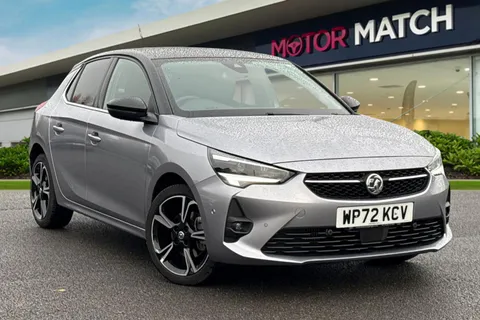
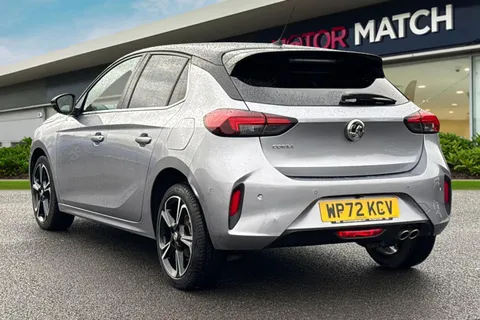
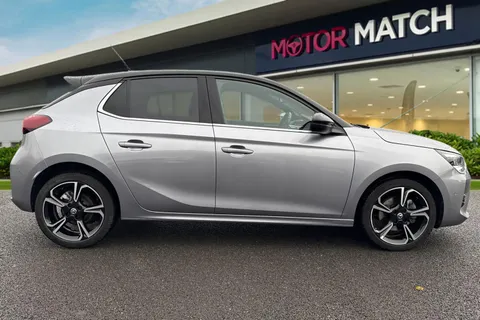
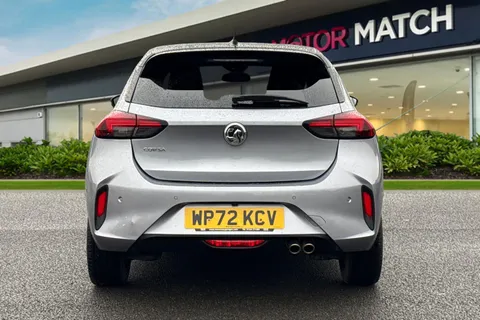
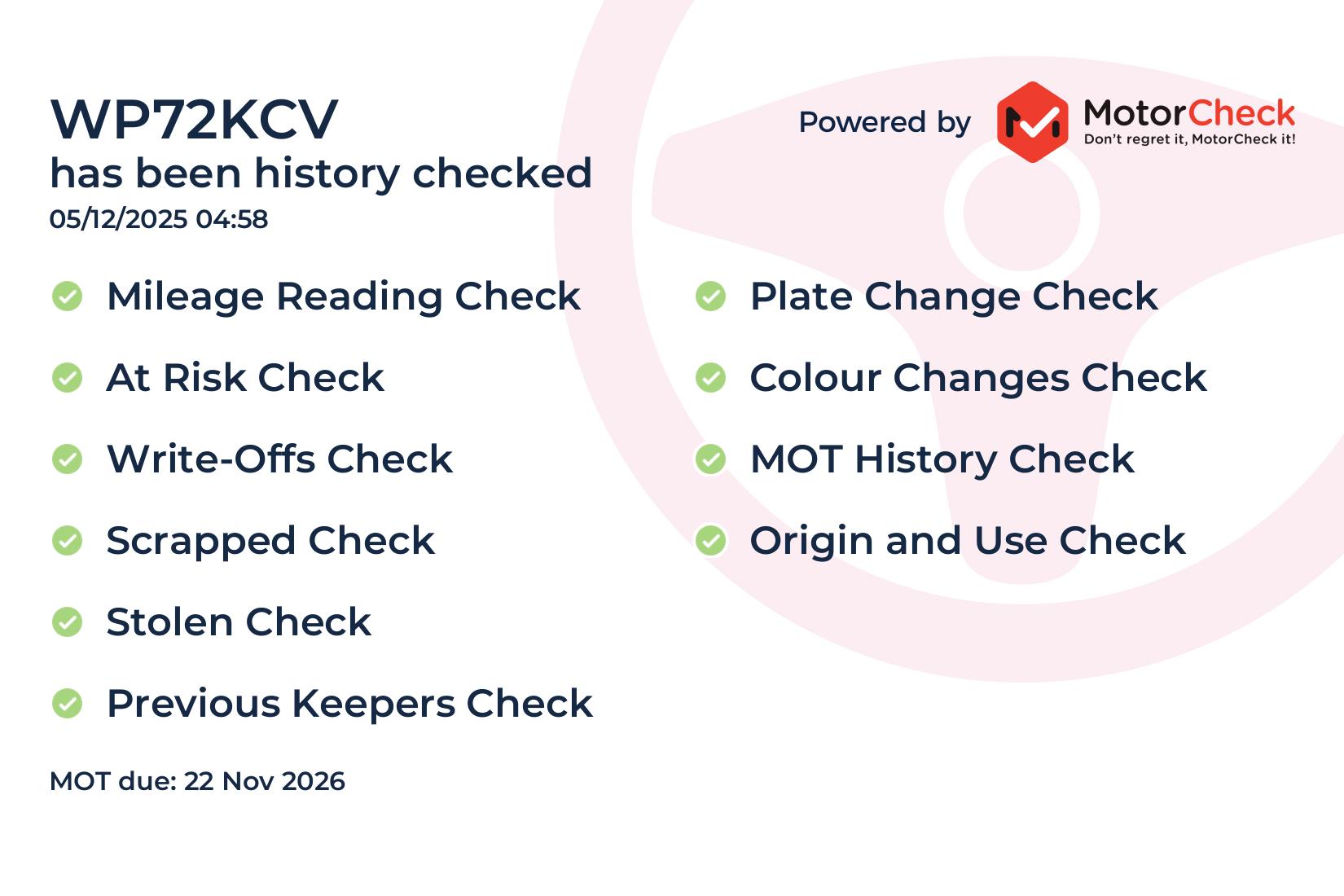
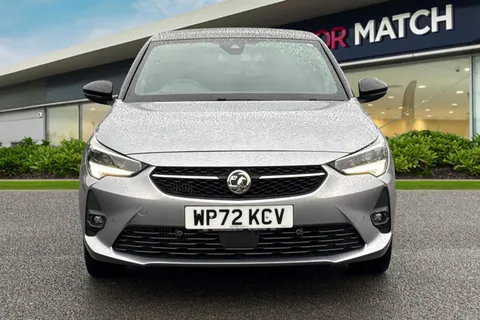



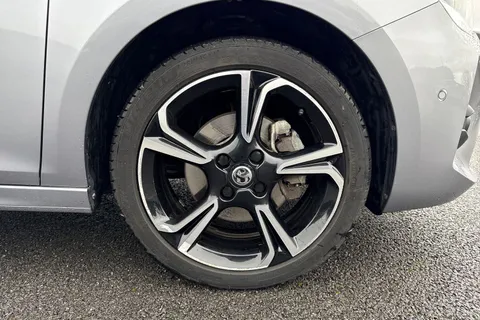
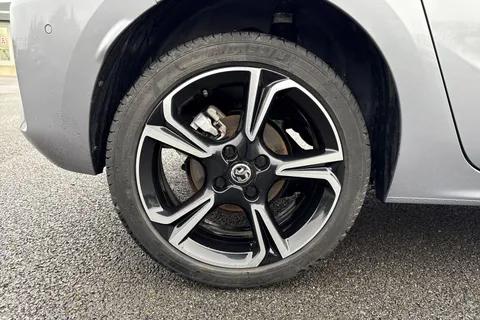
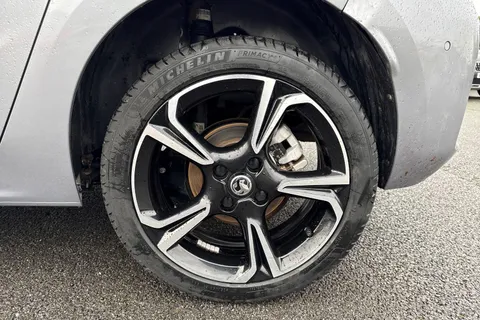

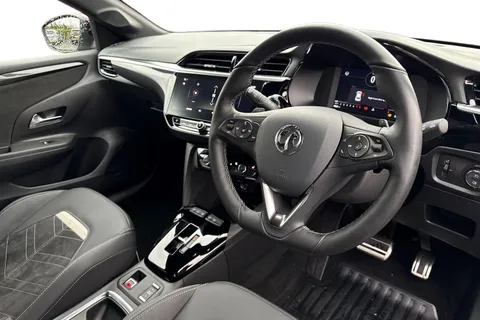


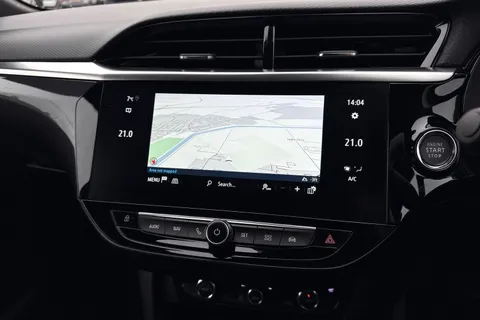
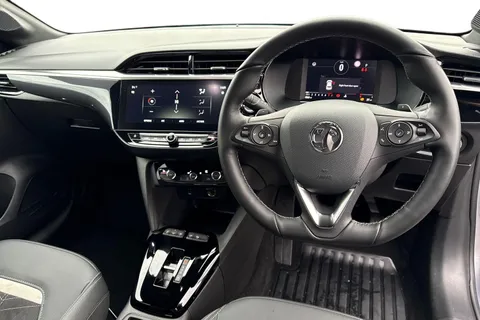

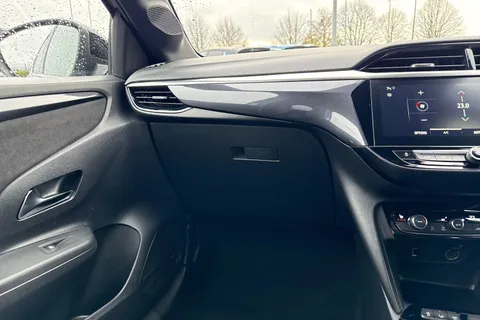





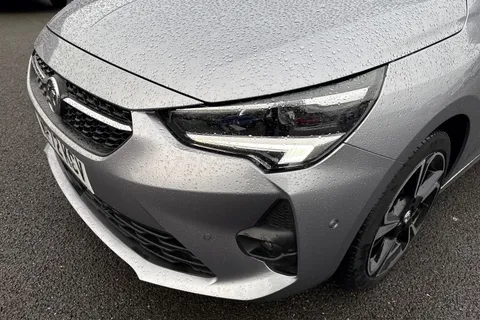
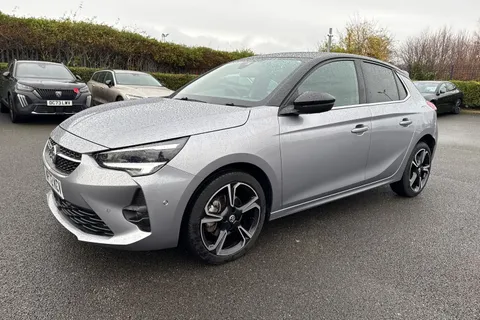
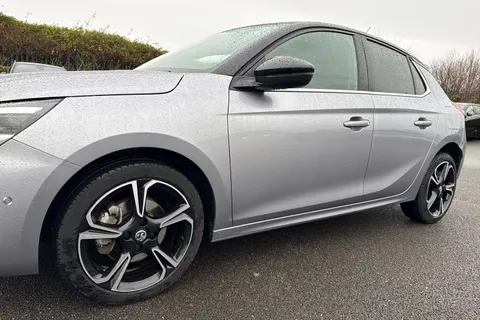
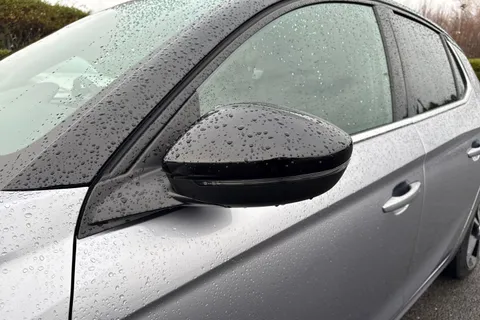
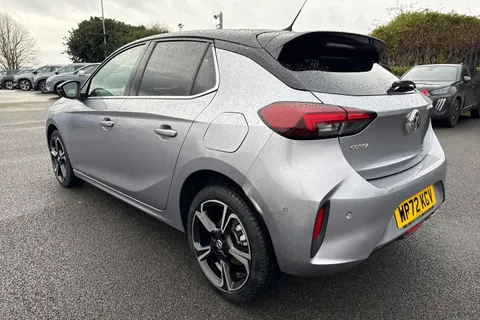
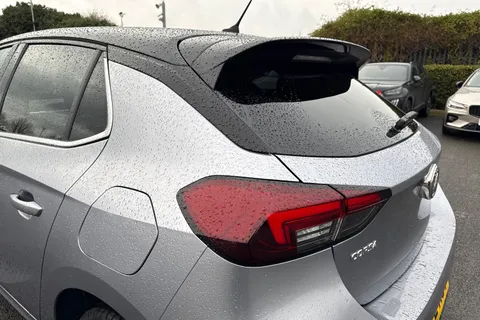


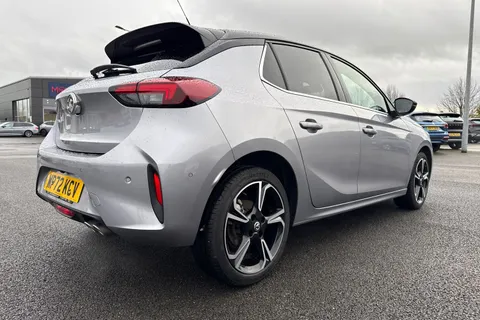


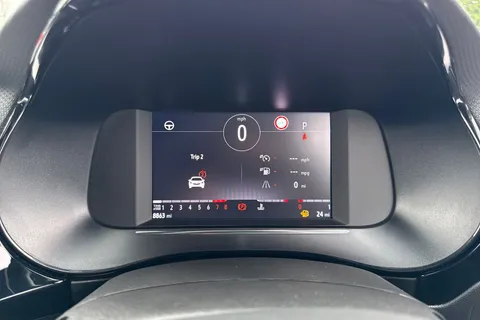
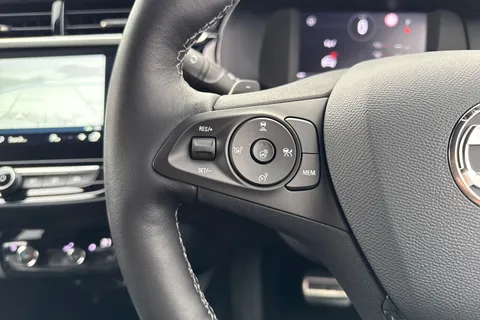
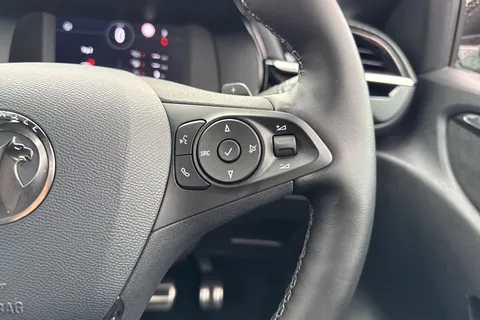
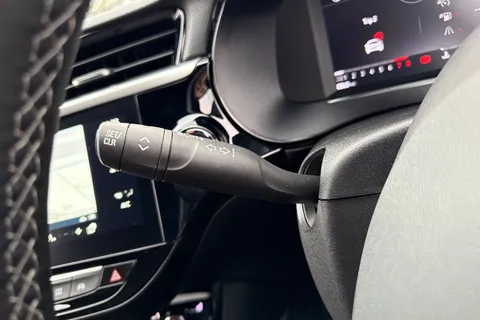
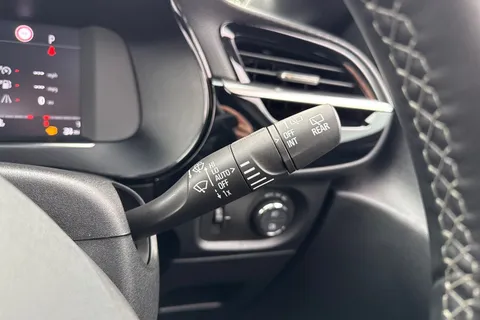
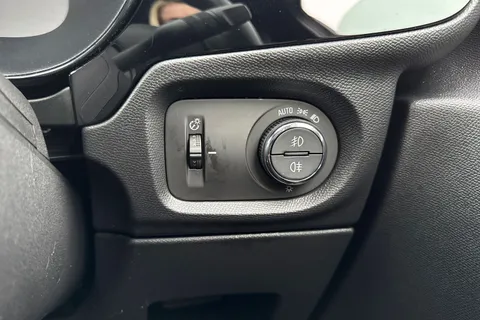

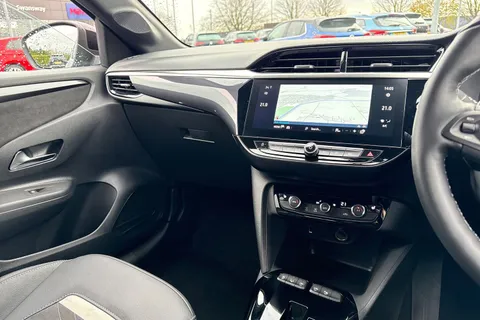
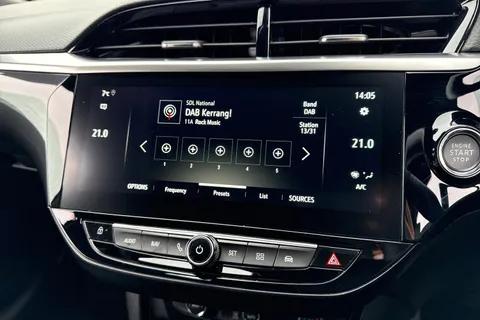
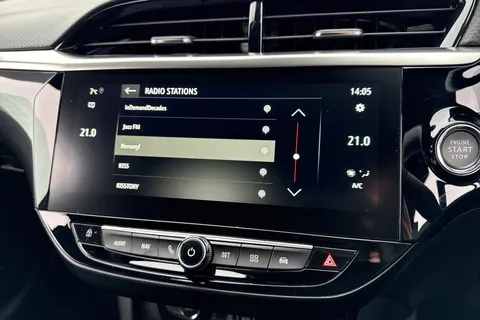
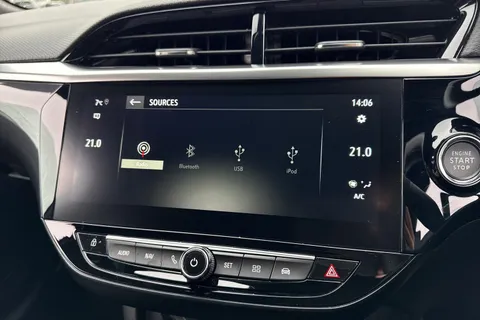

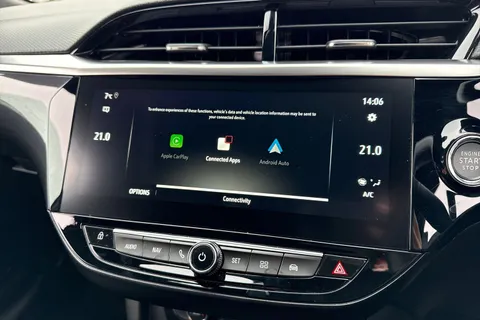
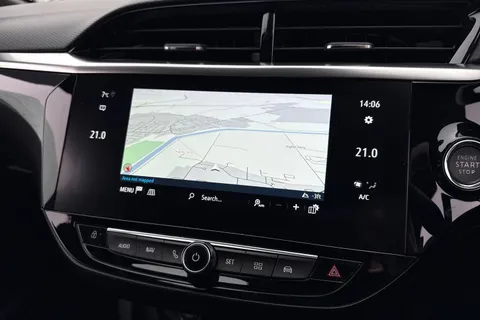

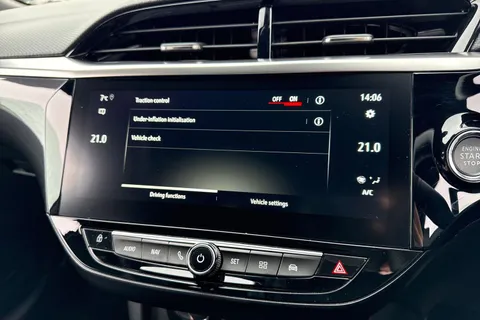

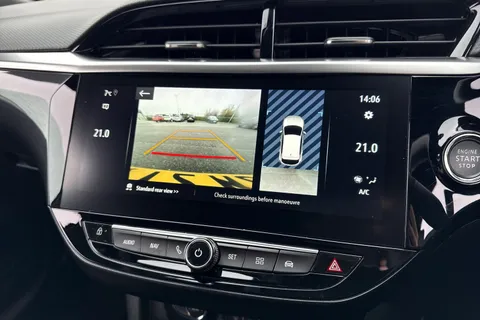


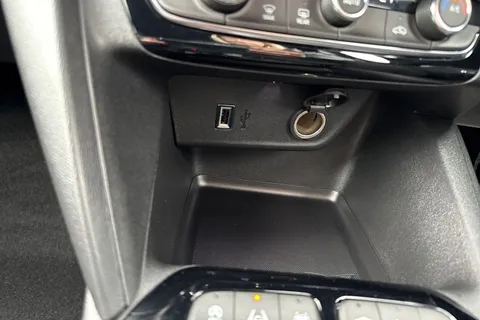






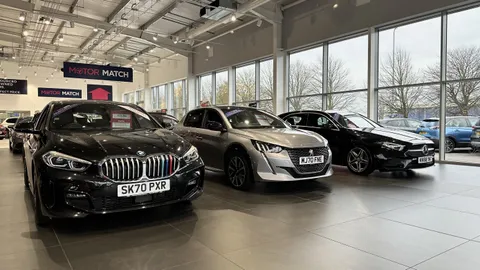


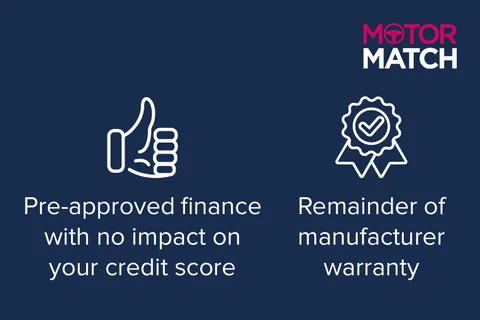
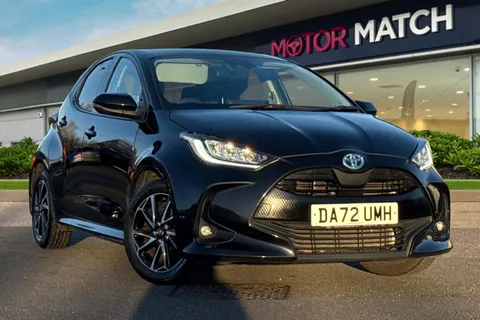

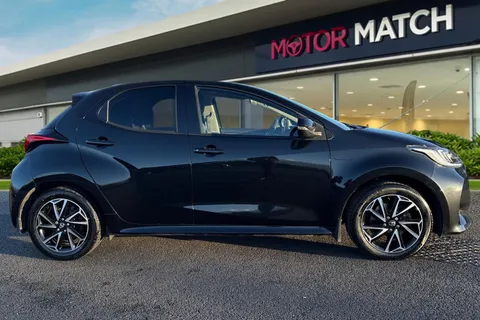
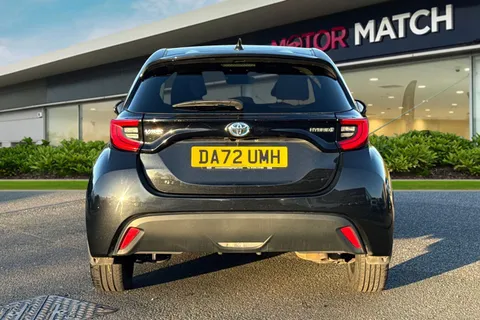
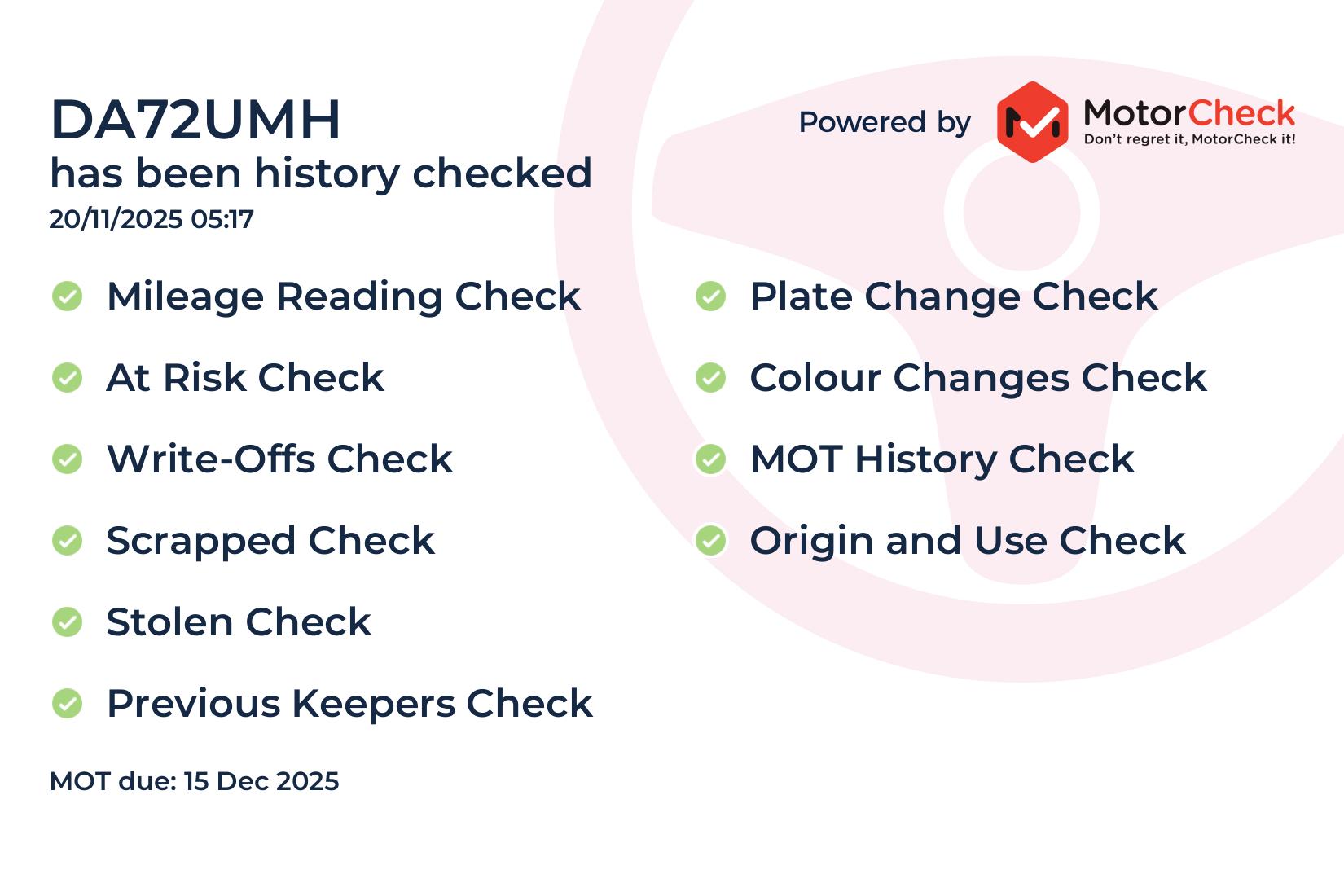
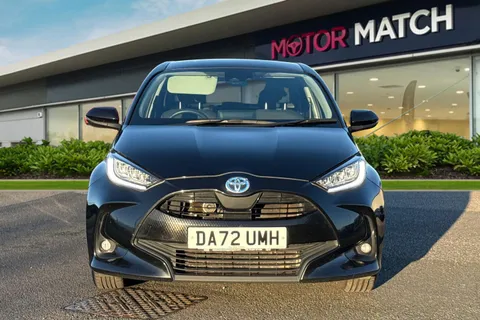
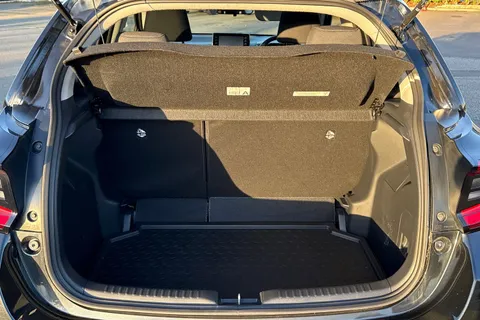
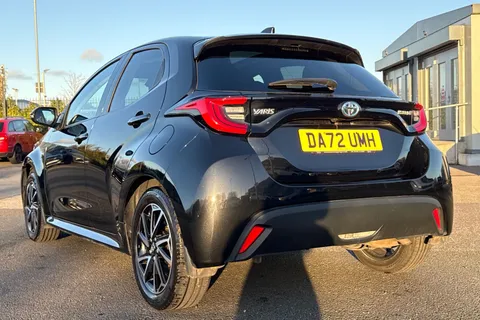
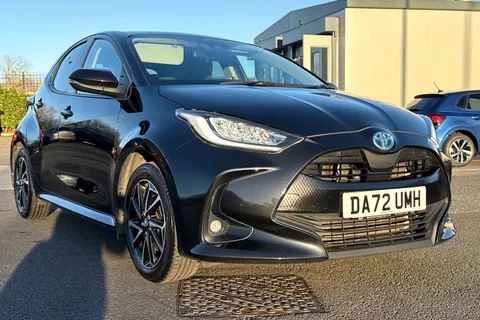

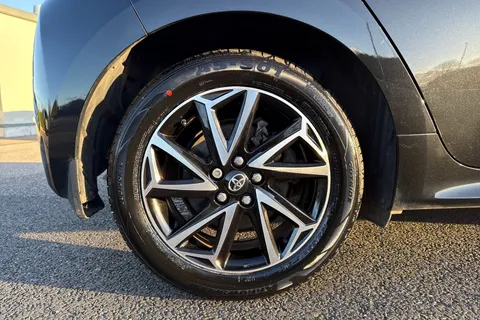
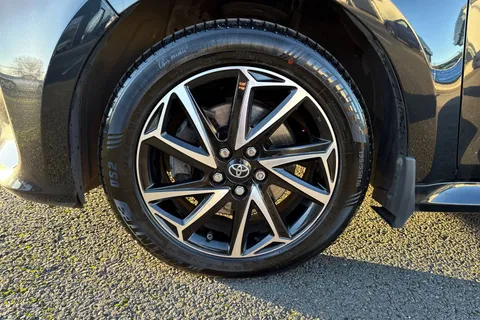
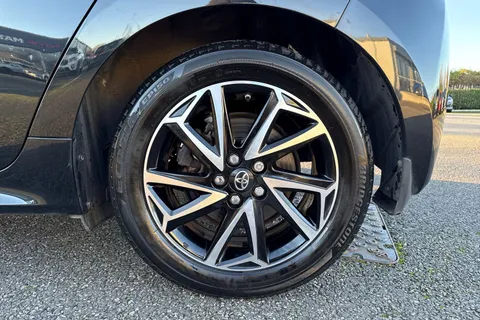

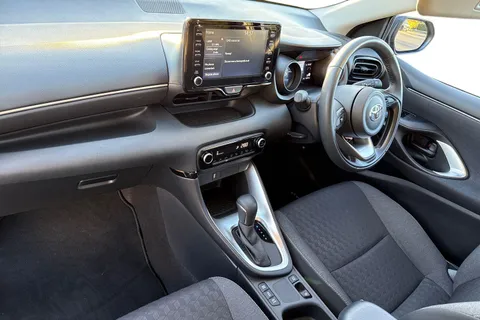


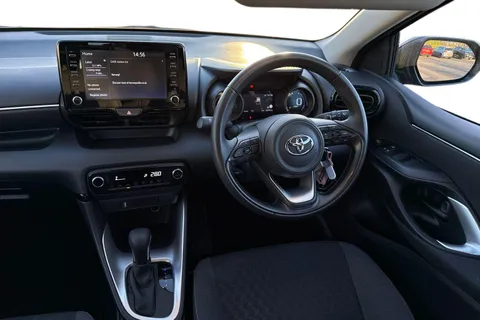


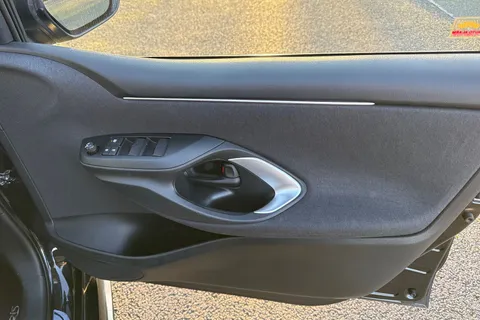



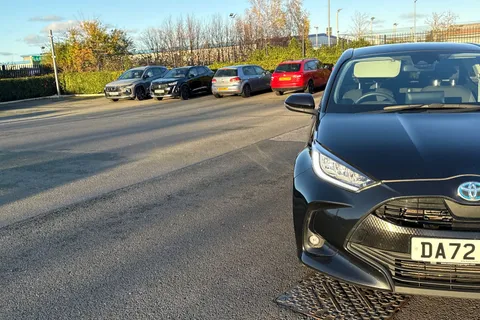
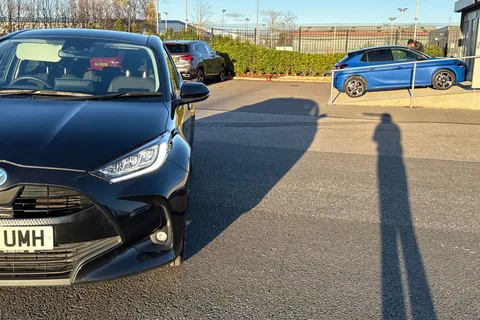
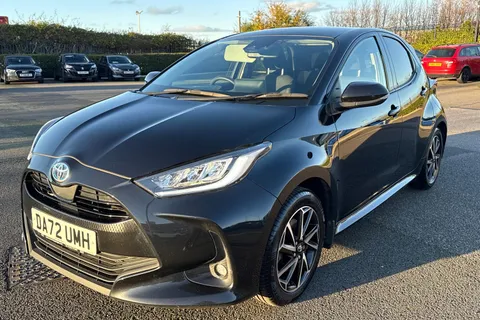




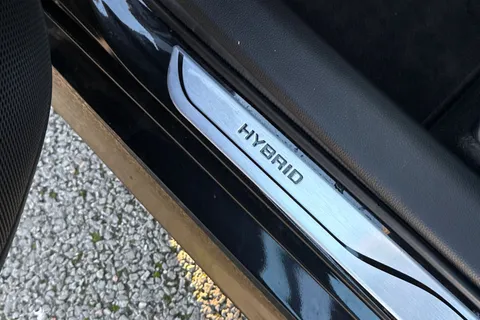
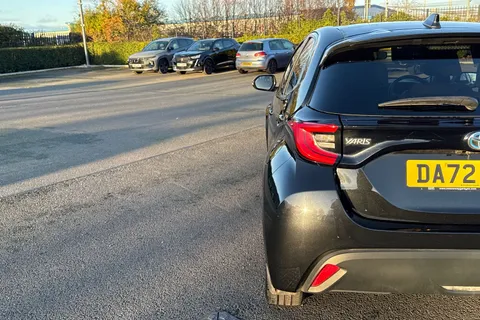
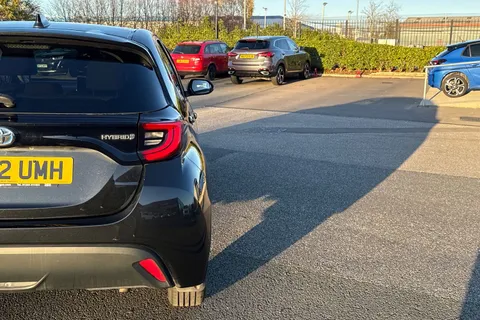
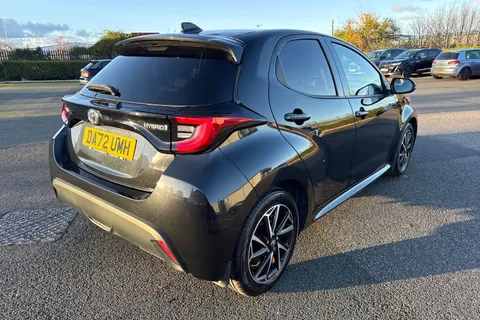
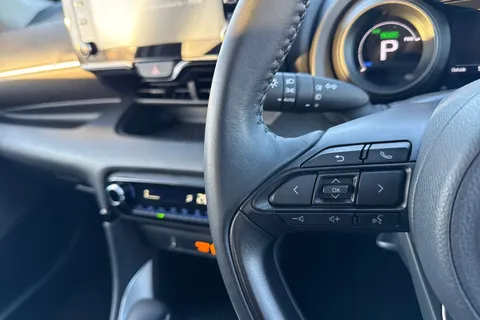





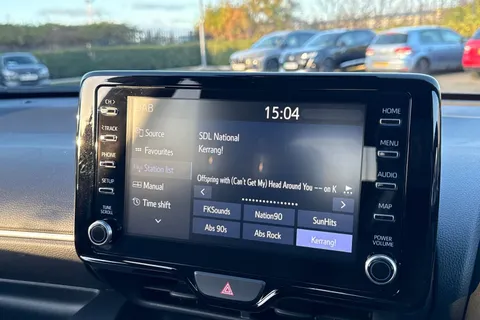
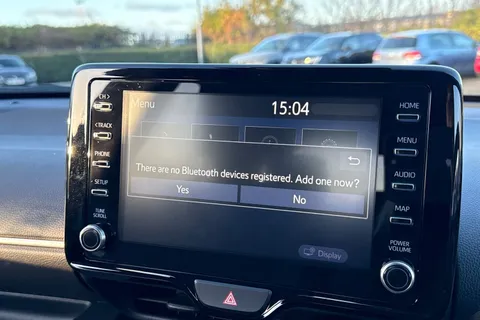

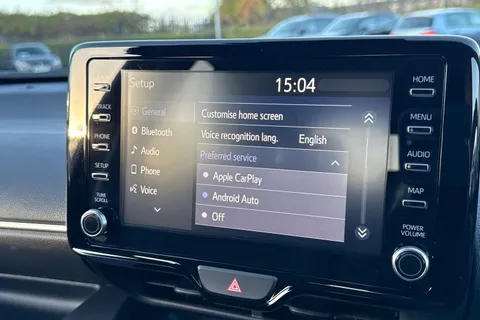




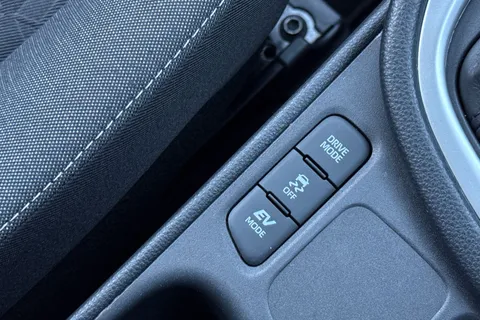

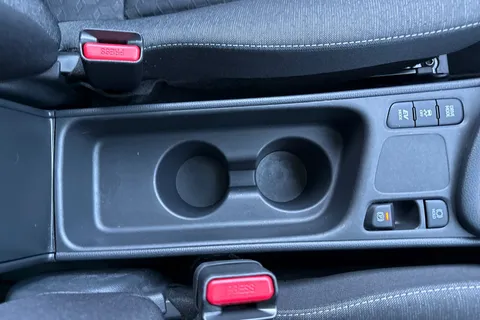








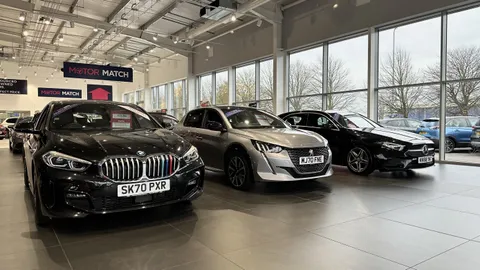

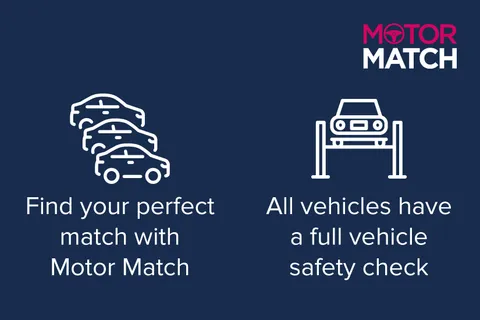
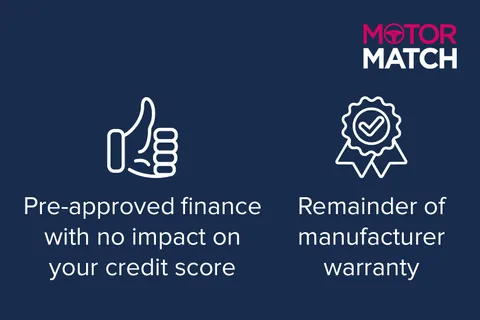
![1 of 67 for CITROEN C4 1.2 PureTech [130] Shine Plus 5dr Auto](https://assets.nexuspointapex.co.uk/resize/480/tenant_d9013b5a-4990-4f3e-beec-4e1fc85990eb/media/8842073/KM23ZFA_1.jpg)
![2 of 67 for CITROEN C4 1.2 PureTech [130] Shine Plus 5dr Auto](https://assets.nexuspointapex.co.uk/resize/480/tenant_d9013b5a-4990-4f3e-beec-4e1fc85990eb/media/8842094/KM23ZFA_2.jpg)
![3 of 67 for CITROEN C4 1.2 PureTech [130] Shine Plus 5dr Auto](https://assets.nexuspointapex.co.uk/resize/480/tenant_d9013b5a-4990-4f3e-beec-4e1fc85990eb/media/8842146/KM23ZFA_3.jpg)
![4 of 67 for CITROEN C4 1.2 PureTech [130] Shine Plus 5dr Auto](https://assets.nexuspointapex.co.uk/resize/480/tenant_d9013b5a-4990-4f3e-beec-4e1fc85990eb/media/8842199/KM23ZFA_4.jpg)
![5 of 67 for CITROEN C4 1.2 PureTech [130] Shine Plus 5dr Auto](https://apex4-production.s3.eu-west-1.amazonaws.com/tenant_d9013b5a-4990-4f3e-beec-4e1fc85990eb/media/uploads/provenance/KM23ZFA-48265.jpg)
![6 of 67 for CITROEN C4 1.2 PureTech [130] Shine Plus 5dr Auto](https://assets.nexuspointapex.co.uk/resize/480/tenant_d9013b5a-4990-4f3e-beec-4e1fc85990eb/media/8842249/KM23ZFA_5.jpg)
![7 of 67 for CITROEN C4 1.2 PureTech [130] Shine Plus 5dr Auto](https://assets.nexuspointapex.co.uk/resize/480/tenant_d9013b5a-4990-4f3e-beec-4e1fc85990eb/media/8842304/KM23ZFA_9.jpg)
![8 of 67 for CITROEN C4 1.2 PureTech [130] Shine Plus 5dr Auto](https://assets.nexuspointapex.co.uk/resize/480/tenant_d9013b5a-4990-4f3e-beec-4e1fc85990eb/media/8842359/KM23ZFA_15.jpg)
![9 of 67 for CITROEN C4 1.2 PureTech [130] Shine Plus 5dr Auto](https://assets.nexuspointapex.co.uk/resize/480/tenant_d9013b5a-4990-4f3e-beec-4e1fc85990eb/media/8842411/KM23ZFA_16.jpg)
![10 of 67 for CITROEN C4 1.2 PureTech [130] Shine Plus 5dr Auto](https://assets.nexuspointapex.co.uk/resize/480/tenant_d9013b5a-4990-4f3e-beec-4e1fc85990eb/media/8842463/KM23ZFA_6.jpg)
![11 of 67 for CITROEN C4 1.2 PureTech [130] Shine Plus 5dr Auto](https://assets.nexuspointapex.co.uk/resize/480/tenant_d9013b5a-4990-4f3e-beec-4e1fc85990eb/media/8842517/KM23ZFA_21.jpg)
![12 of 67 for CITROEN C4 1.2 PureTech [130] Shine Plus 5dr Auto](https://assets.nexuspointapex.co.uk/resize/480/tenant_d9013b5a-4990-4f3e-beec-4e1fc85990eb/media/8842569/KM23ZFA_22.jpg)
![13 of 67 for CITROEN C4 1.2 PureTech [130] Shine Plus 5dr Auto](https://assets.nexuspointapex.co.uk/resize/480/tenant_d9013b5a-4990-4f3e-beec-4e1fc85990eb/media/8842621/KM23ZFA_23.jpg)
![14 of 67 for CITROEN C4 1.2 PureTech [130] Shine Plus 5dr Auto](https://assets.nexuspointapex.co.uk/resize/480/tenant_d9013b5a-4990-4f3e-beec-4e1fc85990eb/media/8842672/KM23ZFA_7.jpg)
![15 of 67 for CITROEN C4 1.2 PureTech [130] Shine Plus 5dr Auto](https://assets.nexuspointapex.co.uk/resize/480/tenant_d9013b5a-4990-4f3e-beec-4e1fc85990eb/media/8842722/KM23ZFA_8.jpg)
![16 of 67 for CITROEN C4 1.2 PureTech [130] Shine Plus 5dr Auto](https://assets.nexuspointapex.co.uk/resize/480/tenant_d9013b5a-4990-4f3e-beec-4e1fc85990eb/media/8842775/KM23ZFA_10.jpg)
![17 of 67 for CITROEN C4 1.2 PureTech [130] Shine Plus 5dr Auto](https://assets.nexuspointapex.co.uk/resize/480/tenant_d9013b5a-4990-4f3e-beec-4e1fc85990eb/media/8842826/KM23ZFA_11.jpg)
![18 of 67 for CITROEN C4 1.2 PureTech [130] Shine Plus 5dr Auto](https://assets.nexuspointapex.co.uk/resize/480/tenant_d9013b5a-4990-4f3e-beec-4e1fc85990eb/media/8842877/KM23ZFA_12.jpg)
![19 of 67 for CITROEN C4 1.2 PureTech [130] Shine Plus 5dr Auto](https://assets.nexuspointapex.co.uk/resize/480/tenant_d9013b5a-4990-4f3e-beec-4e1fc85990eb/media/8842930/KM23ZFA_13.jpg)
![20 of 67 for CITROEN C4 1.2 PureTech [130] Shine Plus 5dr Auto](https://assets.nexuspointapex.co.uk/resize/480/tenant_d9013b5a-4990-4f3e-beec-4e1fc85990eb/media/8842983/KM23ZFA_14.jpg)
![21 of 67 for CITROEN C4 1.2 PureTech [130] Shine Plus 5dr Auto](https://assets.nexuspointapex.co.uk/resize/480/tenant_d9013b5a-4990-4f3e-beec-4e1fc85990eb/media/8843036/KM23ZFA_17.jpg)
![22 of 67 for CITROEN C4 1.2 PureTech [130] Shine Plus 5dr Auto](https://assets.nexuspointapex.co.uk/resize/480/tenant_d9013b5a-4990-4f3e-beec-4e1fc85990eb/media/8843089/KM23ZFA_18.jpg)
![23 of 67 for CITROEN C4 1.2 PureTech [130] Shine Plus 5dr Auto](https://assets.nexuspointapex.co.uk/resize/480/tenant_d9013b5a-4990-4f3e-beec-4e1fc85990eb/media/8843142/KM23ZFA_19.jpg)
![24 of 67 for CITROEN C4 1.2 PureTech [130] Shine Plus 5dr Auto](https://assets.nexuspointapex.co.uk/resize/480/tenant_d9013b5a-4990-4f3e-beec-4e1fc85990eb/media/8843195/KM23ZFA_20.jpg)
![25 of 67 for CITROEN C4 1.2 PureTech [130] Shine Plus 5dr Auto](https://assets.nexuspointapex.co.uk/resize/480/tenant_d9013b5a-4990-4f3e-beec-4e1fc85990eb/media/8843247/KM23ZFA_24.jpg)
![26 of 67 for CITROEN C4 1.2 PureTech [130] Shine Plus 5dr Auto](https://assets.nexuspointapex.co.uk/resize/480/tenant_d9013b5a-4990-4f3e-beec-4e1fc85990eb/media/8843299/KM23ZFA_25.jpg)
![27 of 67 for CITROEN C4 1.2 PureTech [130] Shine Plus 5dr Auto](https://assets.nexuspointapex.co.uk/resize/480/tenant_d9013b5a-4990-4f3e-beec-4e1fc85990eb/media/8843351/KM23ZFA_26.jpg)
![28 of 67 for CITROEN C4 1.2 PureTech [130] Shine Plus 5dr Auto](https://assets.nexuspointapex.co.uk/resize/480/tenant_d9013b5a-4990-4f3e-beec-4e1fc85990eb/media/8843403/KM23ZFA_27.jpg)
![29 of 67 for CITROEN C4 1.2 PureTech [130] Shine Plus 5dr Auto](https://assets.nexuspointapex.co.uk/resize/480/tenant_d9013b5a-4990-4f3e-beec-4e1fc85990eb/media/8843456/KM23ZFA_28.jpg)
![30 of 67 for CITROEN C4 1.2 PureTech [130] Shine Plus 5dr Auto](https://assets.nexuspointapex.co.uk/resize/480/tenant_d9013b5a-4990-4f3e-beec-4e1fc85990eb/media/8843509/KM23ZFA_29.jpg)
![31 of 67 for CITROEN C4 1.2 PureTech [130] Shine Plus 5dr Auto](https://assets.nexuspointapex.co.uk/resize/480/tenant_d9013b5a-4990-4f3e-beec-4e1fc85990eb/media/8843562/KM23ZFA_30.jpg)
![32 of 67 for CITROEN C4 1.2 PureTech [130] Shine Plus 5dr Auto](https://assets.nexuspointapex.co.uk/resize/480/tenant_d9013b5a-4990-4f3e-beec-4e1fc85990eb/media/8843616/KM23ZFA_31.jpg)
![33 of 67 for CITROEN C4 1.2 PureTech [130] Shine Plus 5dr Auto](https://assets.nexuspointapex.co.uk/resize/480/tenant_d9013b5a-4990-4f3e-beec-4e1fc85990eb/media/8843668/KM23ZFA_32.jpg)
![34 of 67 for CITROEN C4 1.2 PureTech [130] Shine Plus 5dr Auto](https://assets.nexuspointapex.co.uk/resize/480/tenant_d9013b5a-4990-4f3e-beec-4e1fc85990eb/media/8843720/KM23ZFA_33.jpg)
![35 of 67 for CITROEN C4 1.2 PureTech [130] Shine Plus 5dr Auto](https://assets.nexuspointapex.co.uk/resize/480/tenant_d9013b5a-4990-4f3e-beec-4e1fc85990eb/media/8843773/KM23ZFA_34.jpg)
![36 of 67 for CITROEN C4 1.2 PureTech [130] Shine Plus 5dr Auto](https://assets.nexuspointapex.co.uk/resize/480/tenant_d9013b5a-4990-4f3e-beec-4e1fc85990eb/media/8843825/KM23ZFA_35.jpg)
![37 of 67 for CITROEN C4 1.2 PureTech [130] Shine Plus 5dr Auto](https://assets.nexuspointapex.co.uk/resize/480/tenant_d9013b5a-4990-4f3e-beec-4e1fc85990eb/media/8843878/KM23ZFA_36.jpg)
![38 of 67 for CITROEN C4 1.2 PureTech [130] Shine Plus 5dr Auto](https://assets.nexuspointapex.co.uk/resize/480/tenant_d9013b5a-4990-4f3e-beec-4e1fc85990eb/media/8843930/KM23ZFA_37.jpg)
![39 of 67 for CITROEN C4 1.2 PureTech [130] Shine Plus 5dr Auto](https://assets.nexuspointapex.co.uk/resize/480/tenant_d9013b5a-4990-4f3e-beec-4e1fc85990eb/media/8843983/KM23ZFA_38.jpg)
![40 of 67 for CITROEN C4 1.2 PureTech [130] Shine Plus 5dr Auto](https://assets.nexuspointapex.co.uk/resize/480/tenant_d9013b5a-4990-4f3e-beec-4e1fc85990eb/media/8844036/KM23ZFA_39.jpg)
![41 of 67 for CITROEN C4 1.2 PureTech [130] Shine Plus 5dr Auto](https://assets.nexuspointapex.co.uk/resize/480/tenant_d9013b5a-4990-4f3e-beec-4e1fc85990eb/media/8844088/KM23ZFA_40.jpg)
![42 of 67 for CITROEN C4 1.2 PureTech [130] Shine Plus 5dr Auto](https://assets.nexuspointapex.co.uk/resize/480/tenant_d9013b5a-4990-4f3e-beec-4e1fc85990eb/media/8844139/KM23ZFA_41.jpg)
![43 of 67 for CITROEN C4 1.2 PureTech [130] Shine Plus 5dr Auto](https://assets.nexuspointapex.co.uk/resize/480/tenant_d9013b5a-4990-4f3e-beec-4e1fc85990eb/media/8844190/KM23ZFA_42.jpg)
![44 of 67 for CITROEN C4 1.2 PureTech [130] Shine Plus 5dr Auto](https://assets.nexuspointapex.co.uk/resize/480/tenant_d9013b5a-4990-4f3e-beec-4e1fc85990eb/media/8844239/KM23ZFA_43.jpg)
![45 of 67 for CITROEN C4 1.2 PureTech [130] Shine Plus 5dr Auto](https://assets.nexuspointapex.co.uk/resize/480/tenant_d9013b5a-4990-4f3e-beec-4e1fc85990eb/media/8844288/KM23ZFA_44.jpg)
![46 of 67 for CITROEN C4 1.2 PureTech [130] Shine Plus 5dr Auto](https://assets.nexuspointapex.co.uk/resize/480/tenant_d9013b5a-4990-4f3e-beec-4e1fc85990eb/media/8844337/KM23ZFA_45.jpg)
![47 of 67 for CITROEN C4 1.2 PureTech [130] Shine Plus 5dr Auto](https://assets.nexuspointapex.co.uk/resize/480/tenant_d9013b5a-4990-4f3e-beec-4e1fc85990eb/media/8844386/KM23ZFA_46.jpg)
![48 of 67 for CITROEN C4 1.2 PureTech [130] Shine Plus 5dr Auto](https://assets.nexuspointapex.co.uk/resize/480/tenant_d9013b5a-4990-4f3e-beec-4e1fc85990eb/media/8844434/KM23ZFA_47.jpg)
![49 of 67 for CITROEN C4 1.2 PureTech [130] Shine Plus 5dr Auto](https://assets.nexuspointapex.co.uk/resize/480/tenant_d9013b5a-4990-4f3e-beec-4e1fc85990eb/media/8844483/KM23ZFA_48.jpg)
![50 of 67 for CITROEN C4 1.2 PureTech [130] Shine Plus 5dr Auto](https://assets.nexuspointapex.co.uk/resize/480/tenant_d9013b5a-4990-4f3e-beec-4e1fc85990eb/media/8844530/KM23ZFA_49.jpg)
![51 of 67 for CITROEN C4 1.2 PureTech [130] Shine Plus 5dr Auto](https://assets.nexuspointapex.co.uk/resize/480/tenant_d9013b5a-4990-4f3e-beec-4e1fc85990eb/media/8844574/KM23ZFA_50.jpg)
![52 of 67 for CITROEN C4 1.2 PureTech [130] Shine Plus 5dr Auto](https://assets.nexuspointapex.co.uk/resize/480/tenant_d9013b5a-4990-4f3e-beec-4e1fc85990eb/media/8844618/KM23ZFA_51.jpg)
![53 of 67 for CITROEN C4 1.2 PureTech [130] Shine Plus 5dr Auto](https://assets.nexuspointapex.co.uk/resize/480/tenant_d9013b5a-4990-4f3e-beec-4e1fc85990eb/media/8844659/KM23ZFA_52.jpg)
![54 of 67 for CITROEN C4 1.2 PureTech [130] Shine Plus 5dr Auto](https://assets.nexuspointapex.co.uk/resize/480/tenant_d9013b5a-4990-4f3e-beec-4e1fc85990eb/media/8844699/KM23ZFA_53.jpg)
![55 of 67 for CITROEN C4 1.2 PureTech [130] Shine Plus 5dr Auto](https://assets.nexuspointapex.co.uk/resize/480/tenant_d9013b5a-4990-4f3e-beec-4e1fc85990eb/media/8844738/KM23ZFA_54.jpg)
![56 of 67 for CITROEN C4 1.2 PureTech [130] Shine Plus 5dr Auto](https://assets.nexuspointapex.co.uk/resize/480/tenant_d9013b5a-4990-4f3e-beec-4e1fc85990eb/media/8844772/KM23ZFA_55.jpg)
![57 of 67 for CITROEN C4 1.2 PureTech [130] Shine Plus 5dr Auto](https://assets.nexuspointapex.co.uk/resize/480/tenant_d9013b5a-4990-4f3e-beec-4e1fc85990eb/media/8844806/KM23ZFA_56.jpg)
![58 of 67 for CITROEN C4 1.2 PureTech [130] Shine Plus 5dr Auto](https://assets.nexuspointapex.co.uk/resize/480/tenant_d9013b5a-4990-4f3e-beec-4e1fc85990eb/media/8844838/KM23ZFA_57.jpg)
![59 of 67 for CITROEN C4 1.2 PureTech [130] Shine Plus 5dr Auto](https://assets.nexuspointapex.co.uk/resize/480/tenant_d9013b5a-4990-4f3e-beec-4e1fc85990eb/media/8844869/KM23ZFA_58.jpg)
![60 of 67 for CITROEN C4 1.2 PureTech [130] Shine Plus 5dr Auto](https://assets.nexuspointapex.co.uk/resize/480/tenant_d9013b5a-4990-4f3e-beec-4e1fc85990eb/media/8844898/KM23ZFA_59.jpg)
![61 of 67 for CITROEN C4 1.2 PureTech [130] Shine Plus 5dr Auto](https://assets.nexuspointapex.co.uk/resize/480/tenant_d9013b5a-4990-4f3e-beec-4e1fc85990eb/media/8844924/KM23ZFA_60.jpg)
![62 of 67 for CITROEN C4 1.2 PureTech [130] Shine Plus 5dr Auto](https://assets.nexuspointapex.co.uk/resize/480/tenant_d9013b5a-4990-4f3e-beec-4e1fc85990eb/media/8844950/KM23ZFA_61.jpg)
![63 of 67 for CITROEN C4 1.2 PureTech [130] Shine Plus 5dr Auto](https://assets.nexuspointapex.co.uk/resize/480/tenant_d9013b5a-4990-4f3e-beec-4e1fc85990eb/media/8844974/KM23ZFA_62.jpg)
![64 of 67 for CITROEN C4 1.2 PureTech [130] Shine Plus 5dr Auto](https://assets.nexuspointapex.co.uk/resize/480/tenant_d9013b5a-4990-4f3e-beec-4e1fc85990eb/media/8844997/KM23ZFA_63.jpg)
![65 of 67 for CITROEN C4 1.2 PureTech [130] Shine Plus 5dr Auto](https://assets.nexuspointapex.co.uk/resize/480/tenant_d9013b5a-4990-4f3e-beec-4e1fc85990eb/media/8845017/KM23ZFA_64.jpg)
![66 of 67 for CITROEN C4 1.2 PureTech [130] Shine Plus 5dr Auto](https://assets.nexuspointapex.co.uk/resize/480/tenant_d9013b5a-4990-4f3e-beec-4e1fc85990eb/media/8845036/KM23ZFA_65.jpg)
![67 of 67 for CITROEN C4 1.2 PureTech [130] Shine Plus 5dr Auto](https://assets.nexuspointapex.co.uk/resize/480/tenant_d9013b5a-4990-4f3e-beec-4e1fc85990eb/media/8845050/KM23ZFA_66.jpg)
